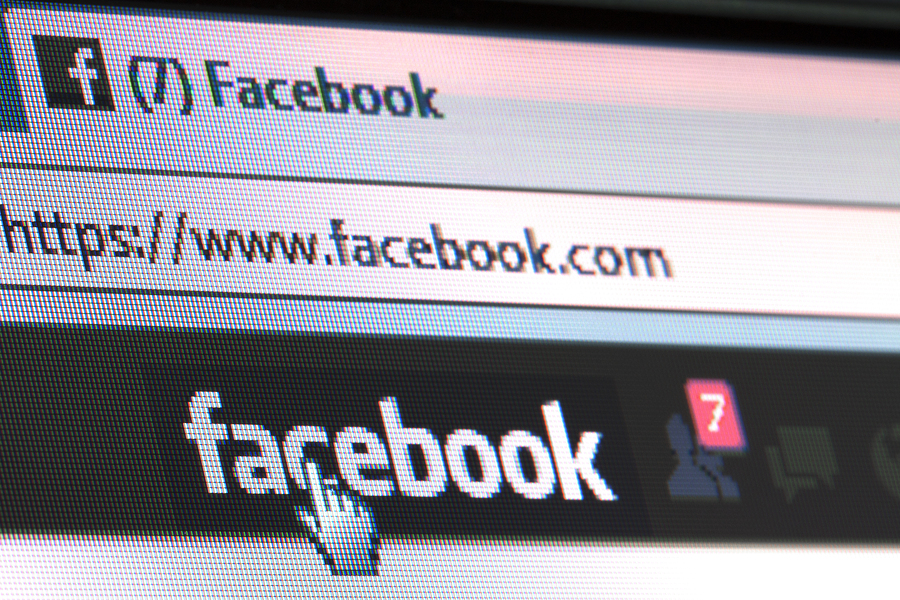Facebook discloses users’ information to governments: What does this mean for you?
EARLIER this year, Facebook was legally required to disclose some of its users’ private information to various governments around the world. What are some of the implications? Regina Karis reports.
Between January 1 and June 30 this year, Facebook received more than 26,000 requests for its users’ data from the governments of 71 countries, according to Facebook’s Global Government Requests Report.
The report details which countries requested information from Facebook, the number of requests from each country, the number of users or accounts specified in those requests and the percentage of these requests Facebook complied with.
Report findings
The United States topped the list with more than 11,000 requests for around 21,000 users or accounts. Australia, meanwhile, submitted 546 requests for data on 601 users or accounts. Facebook honoured 64 per cent of those Australian requests.
Other countries on the list were India, with 3245 requests for 4144 accounts, Malaysia, with 7 requests for 197 users or accounts, as well as Singapore, with 107 requests for 117 users or accounts.
Facebook granted 50 per cent of requests from the Indian government, releasing data from some 2072 accounts, and 70 per cent of requests from the Singaporean government. It did not grant any requests from the Malaysian government.
This is Facebook’s first report about data requests from governments around the world, and it is not the last.
Government transparency and public safety are not mutually exclusive ideals.” – Colin Stretch, Facebook General Counsel
“As we have said many times, we believe that while governments have an important responsibility to keep people safe, it is possible to do so while also being transparent,” says Facebook’s General Counsel, Colin Stretch.
“Government transparency and public safety are not mutually exclusive ideals.”
Every time a government sends a data request, it goes through a series of stringent processes that Facebook has in place to protect the privacy of its users. When it is “required to comply with a particular request”, it shares “only basic user information, such as name”.
“Facebook is probably the most effective ways ever invented to gather personal information on people,” says new media researcher and writer at the University of Melbourne, and author of the book Intimacy and Friendship of Facebook, Dr. Alexander Lambert.
“[It] is very sophisticated — it creates a profile on you to sell to advertisers based on the connections you make with people, places, webpages, activities, stories, etc.”
“Your ‘likes’ can determine your personality traits, so even if you don’t explicitly say anything on your profile, that information can still be derived from your other Facebook activity.”
Possible solutions for Facebook users
So how can Facebook users prevent their information from being leaked?
Well, the first step is awareness.
“[You have to] look at actual country laws,” advises Dr. Lambert.
“In Australia, the state can’t just ask Facebook to reveal personal information — well, it can, but it’s illegal for Facebook to disclose any,” he says.
It’s also very important to be digitally literate, especially with regards to privacy — people have to “understand the privacy settings of Facebook, understand how Facebook uses [their] data, read the terms of services”.
There are also ways to block tracking from Facebook and other online companies, like clearing out cookies or using DoNotTrackMe.
Lastly, people should be more circumspect with what they disclose online.
A lot of people just don’t think this kind of thing can happen.” – Dr. Alexander Lambert
“The most important thing is that people are aware,” says Dr. Lambert.
“Most people aren’t aware if Facebook can surrender their information to the state.”
“A lot of people just don’t think this kind of thing can happen,” he says.


